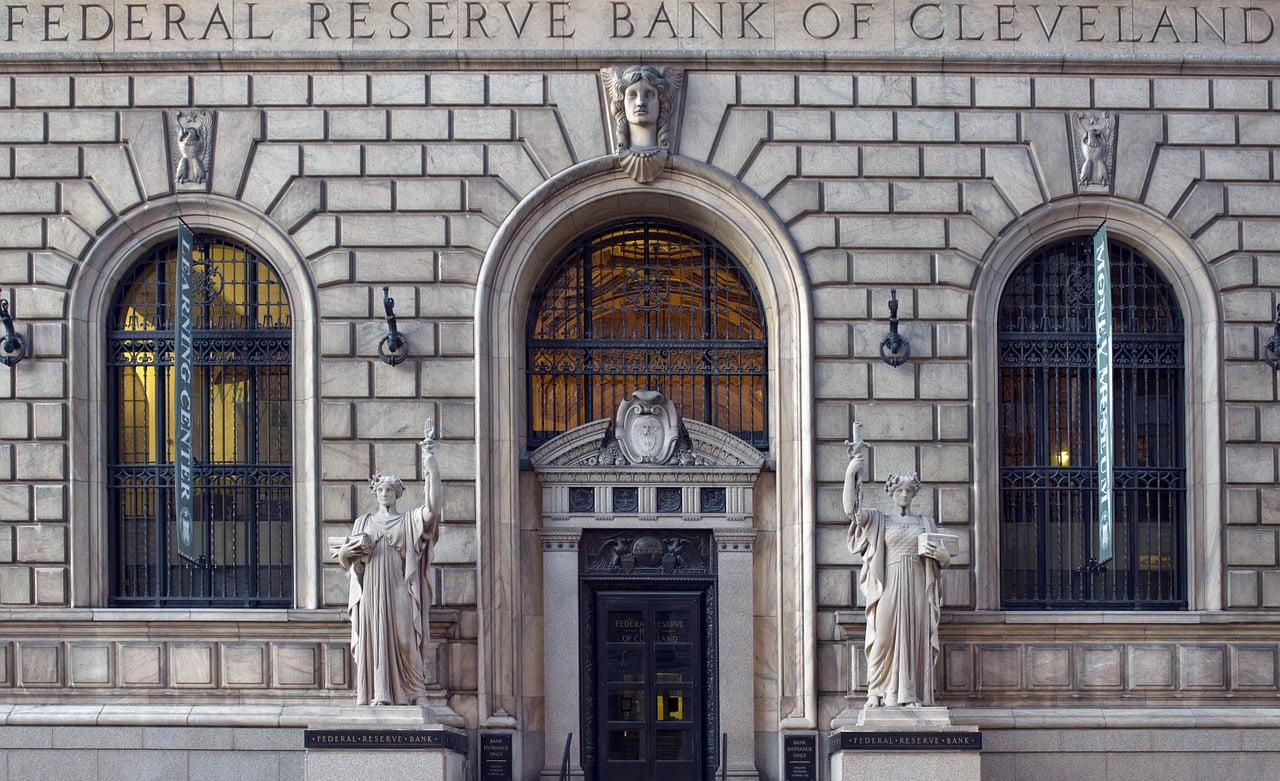The following are comments on today’s Fed meeting from David Riley, Chief Investment Strategist, BlueBay Asset Management (over $60 Billion USD in AUM).
Q4 2020 hedge fund letters, conferences and more
A Hotly Anticipated Fed Meeting
Today’s meeting of the Fed’s monetary policy committee – the FOMC – was hotly anticipated by investors against the backdrop of the recent surge higher in yields on Treasury bonds. The Fed and its Chair Jerome Powell faced a difficult balancing act – acknowledge the improving economic outlook without spooking financial markets fearful that the proverbial monetary punchbowl will be taken away. The initial market reaction suggests the Fed and Chair Powell succeeded with Treasury yields a bit lower along with the dollar and equity markets a touch higher.
The Fed made a big upgrade to its growth forecast for this year from 4.2% to 6½ percent catching up with the consensus of most private sector economists with the outlook boosted by the success of the vaccine rollout and additional fiscal support. More interestingly, the Fed also revised higher its projections for inflation which is now expected to be modestly above target at the end of this year. But the market took comfort from the Fed effectively re-affirming its commitment to its new average inflation targeting regime or AIT with a majority of FOMC members still not expecting a lift-off in policy rates from zero until 2024.
Fed Chair Powell made very clear that the Fed will maintain cheap money for as long as it takes to support a full economic recovery and will not start to tighten policy until they see the whites in the eyes of inflation and the jobs lost from the pandemic have been regained. The Fed is going to be patient before it even thinks about thinking about tapering its extraordinary support for the economy including its $120 billion per month of asset purchases, but it remains an open question whether the bond market will.






